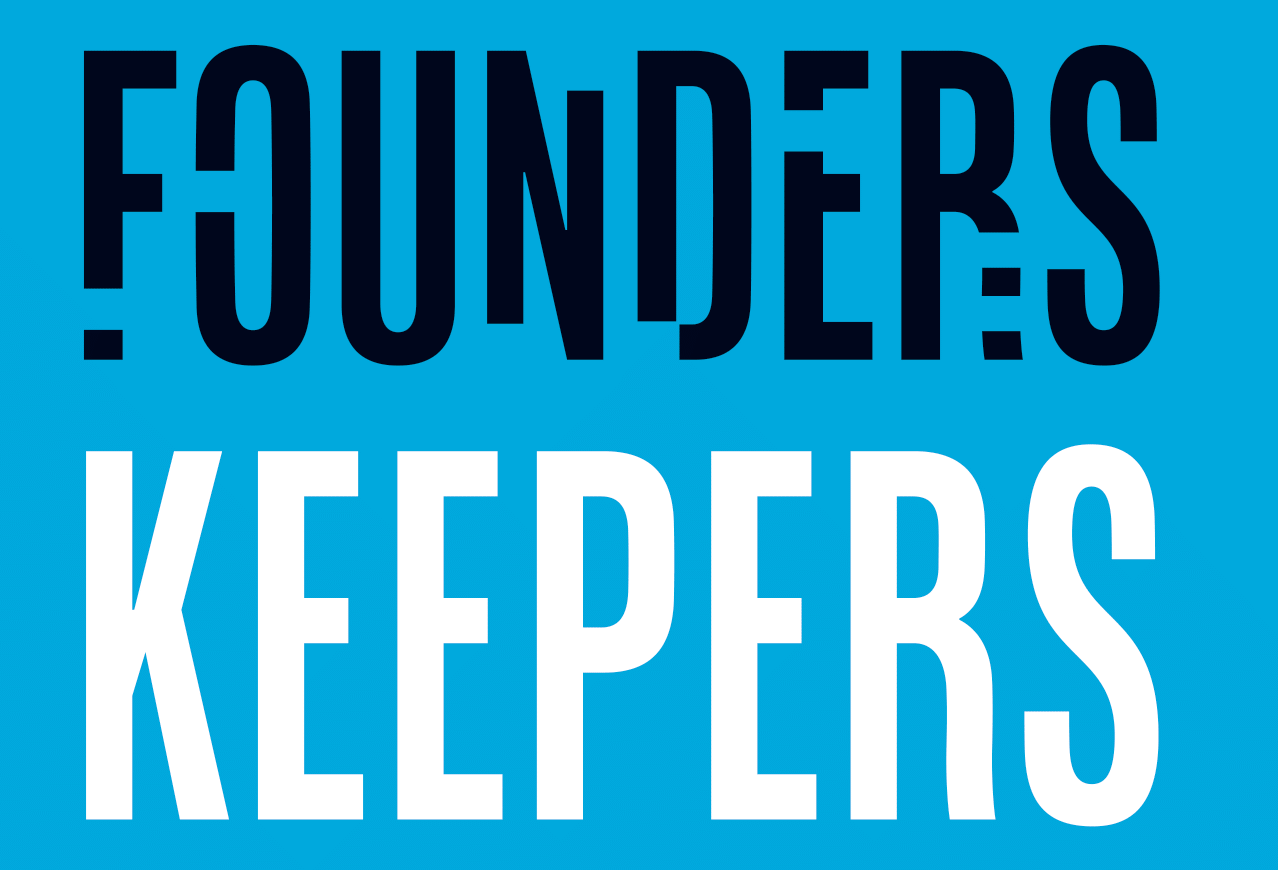Article
Building Startup Teams: The Challenge for Entrepreneurs
The Building Startup Teams: The Challenge for Entrepreneurs
Leadership is not a solo performance, but a partnership between leaders and their followers. No matter how visionary, charismatic, or competent a leader is, he or she will not get very far without followers willing to work hard and enthusiastically to implement the vision and create a great, even world-changing organization. The most important way this works in today’s world, in business as well as in almost every public sphere, is through teams.
Why Teams Are Important
- According to an internal Google study (Project Aristotle), “The team is the molecular unit where real production happens, where innovative ideas are conceived and tested, and where employees experience most of their work.”
- Skill in forming and leading teams is essential in leading any organization. It demands all of the competencies of an effective leader.
- Teams are more than just a group of individual contributors working together. Teams utilize the experience, background, and expertise of a diverse group of people, each bringing his or her own contribution to the table.
- Individuals possess varied talents and skills, different strengths and weaknesses. What one person can’t do well, somebody else may excel at. Bringing them together on a team helps to augment the skills and negate the weaknesses – as the saying goes, “the whole is greater than the sum of the parts,” or as leadership guru Ken Blanchard said, “None of us is as smart as all of us”.
- Teams serve the leader’s decision-making process by putting forward multiple points of view, helping to avoid bias based on narrow or limited vision.
- Effective teams have a shared purpose, interdependency, and skill in communicating and working together. This creates a shared identity and spirit of cooperation and collaboration that allows the team to work more effectively together.
- One of the benefits of teamwork is that it divides up the tasks to be done and increases the chance of success. On a very basic level, a team divides up the tasks and responsibilities needed to get something accomplished, whether short-term problem-solving or a large-scale, long-term project. Most projects today are too complex for one individual to handle. If the workload is shared intelligently, allocating tasks according to people’s strengths, the work gets done more efficiently and effectively. That translates to higher productivity.
- Working collaboratively in a group people can give and receive feedback and support to each other.
Collaboration can help solve difficult problems. Brainstorming in a team based in trust provides a perfect opportunity to surface ideas and bring up creative ways of doing things. - Teams unify the energy and intelligence of individuals behind a common goal.
The Critical Importance of Teamwork for Startups
Teamwork is important for any organization, but it is especially critical for a startup. Our research shows that as companies scale, different elements of leadership differentiate great leaders from the rest of the pack. Looking at all companies – small, medium and large – as one group, the qualities and behaviors of the Inspirational Role Model form the most important differentiator characterizing great leaders. However, for early stage companies Facilitating Teamwork stands out as the key to great leadership.
Why is this the case? In a small, scaling company the leader is often involved in everything. If this continues, the leader ends up creating a self-limiting organization that is too leader centric. He or she is involved in the details of too many things, tries to control too many decisions, and becomes a bottleneck. Such a leader has not figured out how to gain leverage by working through others. Micromanagement could become an issue. This style can dramatically impede the organization’s ability to scale.
Those leaders who learn to work through others by building high-performing teams stand out. They have learned to share leadership with strong function heads who balance their weaknesses and bring domain expertise to important decisions. They have learned that the best decisions often emerge from intense and productive dialogue that utilizes the perspectives and information provided by a diverse team of empowered experts who balance any biases the leader might have.
This type of leader gets the most out of the team by utilizing a motivating style that makes team members feel like partners with a shared sense of ownership in the team’s decisions and actions, rather than depending on fear and intimidation to get compliance and conformity. They have learned to gel a group of individuals into a cohesive team focused on a shared direction and acting in a coordinated and collaborative manner. For these and many other reasons that will become apparent, startup leaders stand out who have the ability and know-how to get the most out their team.
The Challenge for Entrepreneurs
The entrepreneurial leader needs a genuine and strong belief that the synergy of teamwork is powerful and real. They must make the transition to a different view of their role, as the facilitator of teamwork, who greases the rails to get the most out of the team. This attitude can’t be faked. They must really believe that better-quality decisions will result from utilizing the diverse views and expertise of team members – that together we can solve problems more effectively than any one of us alone.
This is especially important knowledge for entrepreneurs because, as our research suggests, many entrepreneurs, particularly tech entrepreneurs, are naturally independent loners who have strong needs for autonomy. Too often, they “don’t play well with others.” They tend to be non-conformists who resist restrictions on their freedom. Taking the time to get buy-in to their ideas and dealing with messy, emotional resistance doesn’t seem worth the effort. Their natural tendency is to go off to the mountain and talk to God and come down with the tablets. Making decisions by themselves is their default mode. They can be proudly – and stubbornly – self-reliant.
When they become leaders, their tendency is to trust their own judgment first and foremost. They aim to persuade people rather than engaging in open dialogue and getting all the facts and perspectives on the table. They try to control meetings and decisions, engage in micromanagement, and utilize a hub-and-spoke style of managing subordinates. Their long-standing pattern of independence keeps them from getting the benefits of teamwork and synergistic decision-making.
What they’re doing is trying to manage the team as a group of individual contributors whom they can control more easily. This translates into holding meetings one-on-one with Individuals rather than the whole team, giving individuals goals and following up with them privately. Secretly, they don’t really like group meetings and have little tolerance for open disagreement with their ideas. After all, in the past, they’ve done their best, most creative and productive work by themselves. They are skeptical whether group problem-solving and decision-making or strategic planning are going to add value.
Many tech entrepreneurs are very smart, but their IQs are higher than their EQs. In other words, their Emotional Intelligence and Social Intelligence need to be developed. They can rely on their intellect, see patterns, learn quickly and develop penetrating insights into problems, provided that the problems don’t require deep insight into people’s motivations and feelings or reading their impact on others. When dealing with team members they may lack empathy, tact, courtesy or sensitivity. They often damage relationships by trying to manage the organization as if it were a machine.
Just because they may be able to persuade investors or paint an inspiring vision to promote the interests of the company, doesn’t mean they have a nuanced understanding of how people work. In general, they are task and results-oriented rather than people-oriented and are often quite unaware of the individual personality differences and group dynamics that impact a team. They get so focused on what they are trying to accomplish that they don’t see how their behavior may hurt feelings or intimidate people. In short: Social astuteness is not their strong suit.
Both experience and research tell us that this style can make it difficult to create an effective, smooth-running team. It’s not enough to have a common goal. It also takes patience, perseverance, and attention to social dynamics. Because independent-minded entrepreneurs easily get frustrated with group decision-making and the need to work closely and build consensus with team members, they can become a roadblock to the creativity and effective decision making that teamwork can foster.
A related challenge for entrepreneurs – as it is for all leaders – is the need to balance empathy, trust, empowerment of team members and a generally supportive approach, with challenging team members and demanding that they do their best work and produce results. As the leader, you need to honor the imperative to deliver results while at the same time sustaining the awareness that you need to work through your people, so it’s vital to build and maintain good relationships.
share this
Related Articles
Related Articles

STAY UP TO DATE
GET PATH'S LATEST
Receive bi-weekly updates from the church, and get a heads up on upcoming events.
Contact Us










